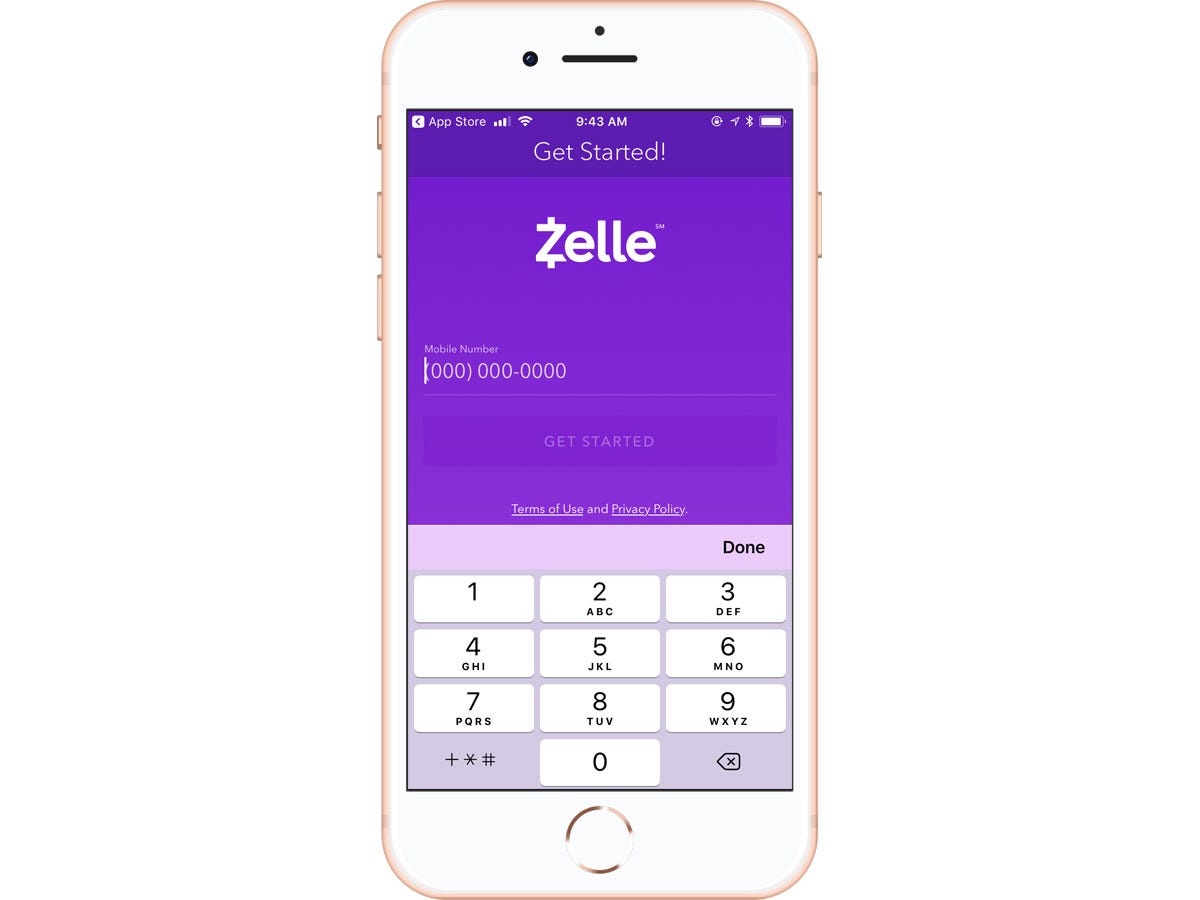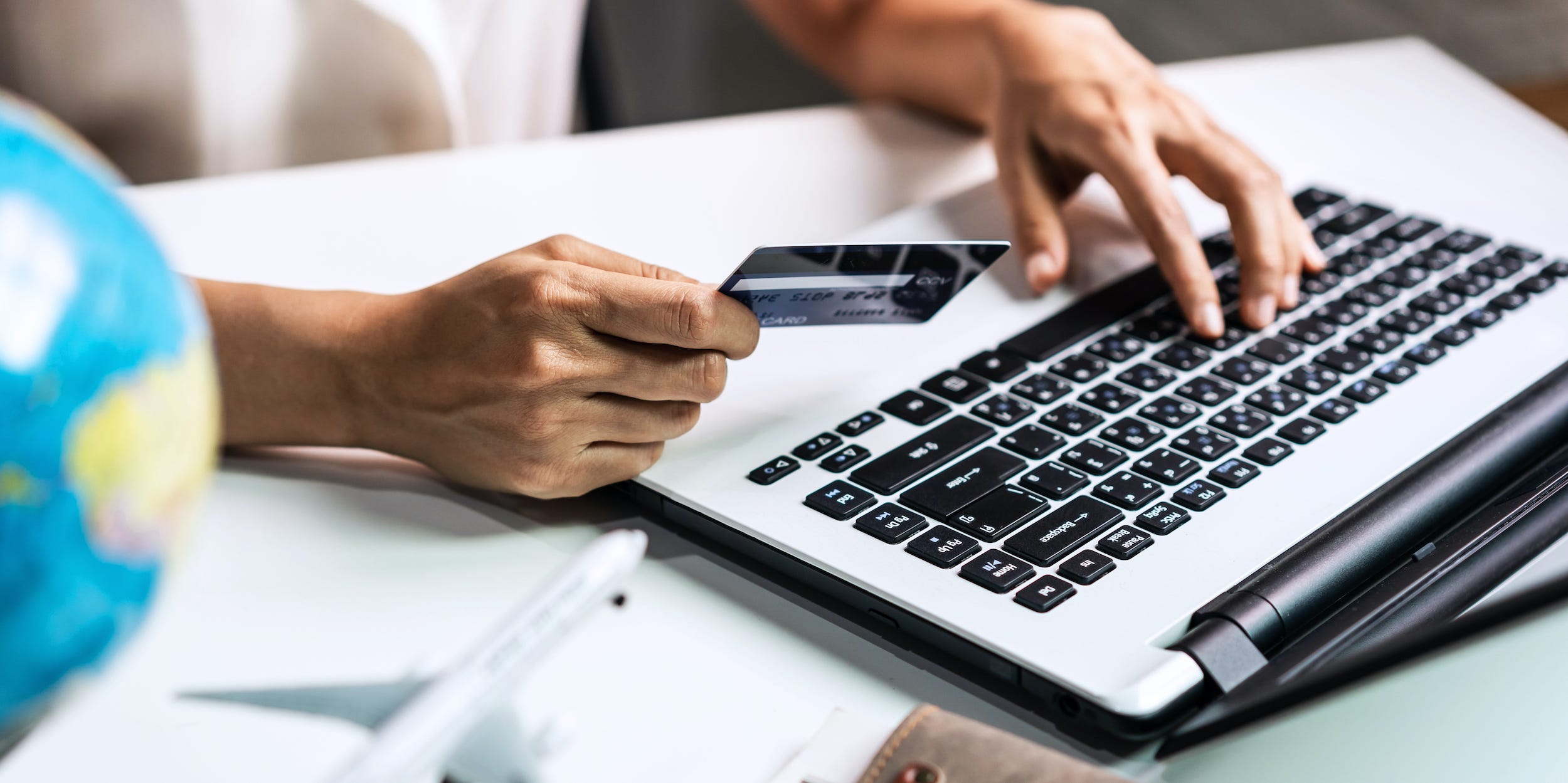
damircudic/Getty Images
- Zelle is safe, as long as you know and trust the person you're sending money to.
- Once you authorize a payment, it'll go through, and there's no form of fraud protection.
- Zelle runs through your personal bank's digital infrastructure, so it's as secure as your bank.
- Visit Insider's Tech Reference library for more stories.
There's no shortage of peer-to-peer digital payment apps; in 2017, Zelle joined the ranks of services like PayPal and Venmo as a simple way to send and receive money via your mobile device. Unlike the alternatives, though, Zelle is backed by hundreds of banks and directly transfers money between accounts in minutes.
That speed – and its status as the "official" digital payment system built into many banking apps – makes it a target for criminal activity, which has led some experts to question the app's overall safety.
Zelle is safe if you know who you're sending money to
Zelle was built by banks and was engineered to be safe. "Zelle is safe because it uses data encryption which offers users increased protection. From a privacy perspective, it's safer than alternatives, like Venmo and Cash App, since it's harder for scammers to access users' personal information," said Nishank Khanna, chief marketing officer at Clarify Capital.
But some well-publicized incidents of fraud are a cause for concern, and Zelle's consumer protection isn't especially robust if things go wrong.
The biggest drawback of Zelle is that it doesn't offer fraud protection for authorized payments. In other words, if you purchase something online and use Zelle to pay for it, you have no recourse if you never receive the item you paid for.
For example, if you use Zelle to purchase an item from Craigslist, and it turns out you were scammed, Zelle won't refund you. Thus, Zelle advises that you only use the service to pay people you absolutely know and trust.

Zelle
Ted Rossman, a senior industry analyst at CreditCards.com said, "The key with Zelle is to only send money to people you know and trust. Once the money is sent, it's gone. There's no pending status, no chargeback mechanism, no buyer protections of any sort. If you send money to the wrong person, you're basically at the mercy of that stranger to send it back."
In fact, some criminals try to capitalize on that. "Some scammers deliberately encourage you to pay them via Zelle with the intent of stealing your money. If someone you don't know is requesting a payment via Zelle, I'd suggest declining," Rossman said.
But you're not entirely without protection. In many cases, it all comes down to whether you authorized the transaction; if you did, you're not protected. But unauthorized transactions are usually fully reimbursable.
"Zelle's ease-of-use can also make it possible for malicious parties and fraudsters to use social engineering to acquire Zelle credentials," said Tom Kelly, president and CEO of consumer privacy company IDX. Social engineering is when a scammer lies about their identity or goal to trick victims into giving them personal information.
Criminals have used social engineering to contact victims and request the two-factor code that Zelle requires to set up accounts. In situations like this, criminals can easily set up a Zelle account on their own device using a victim's credentials.
You can defend yourself against these types of attacks the same way that you defend yourself from phishing attacks, malware, and other social engineering attacks: Keep your data and personal information secure, don't divulge info to people you don't know, and make your passwords unique and strong.

Kittiphan Teerawattanakul / EyeEm/Getty Images
